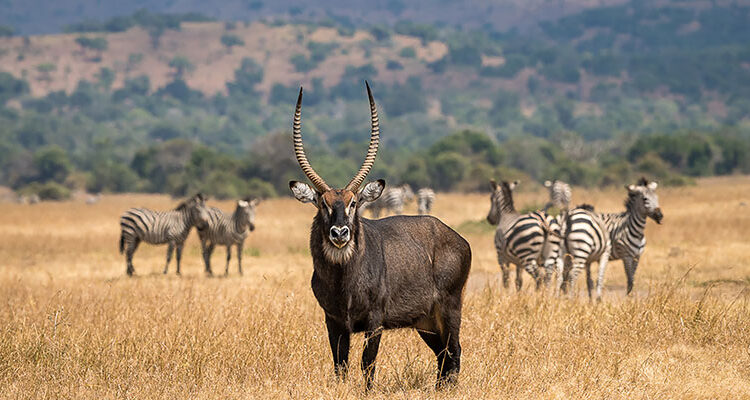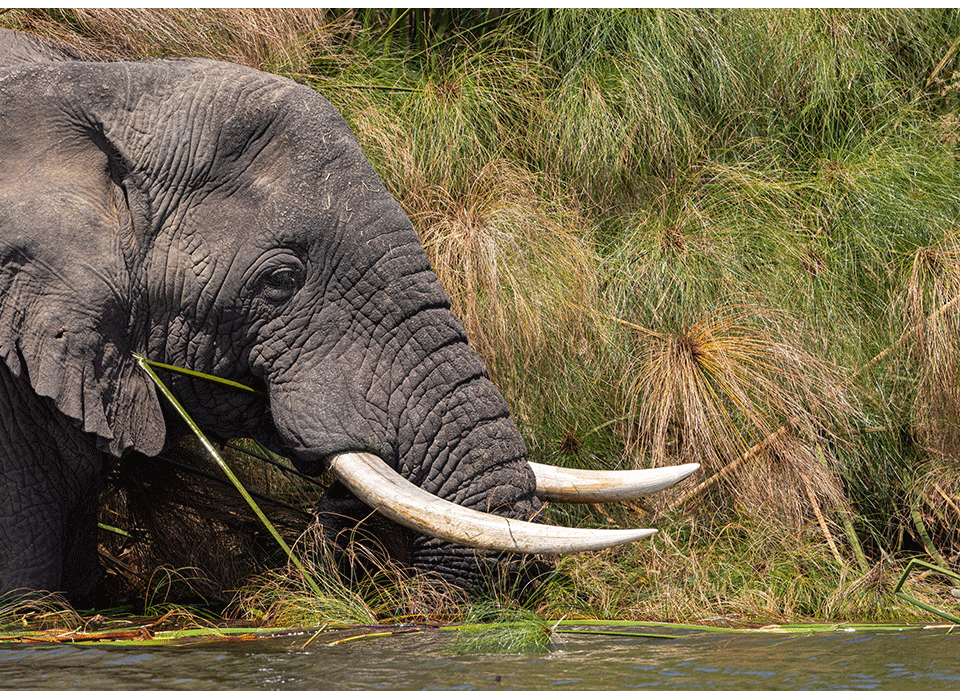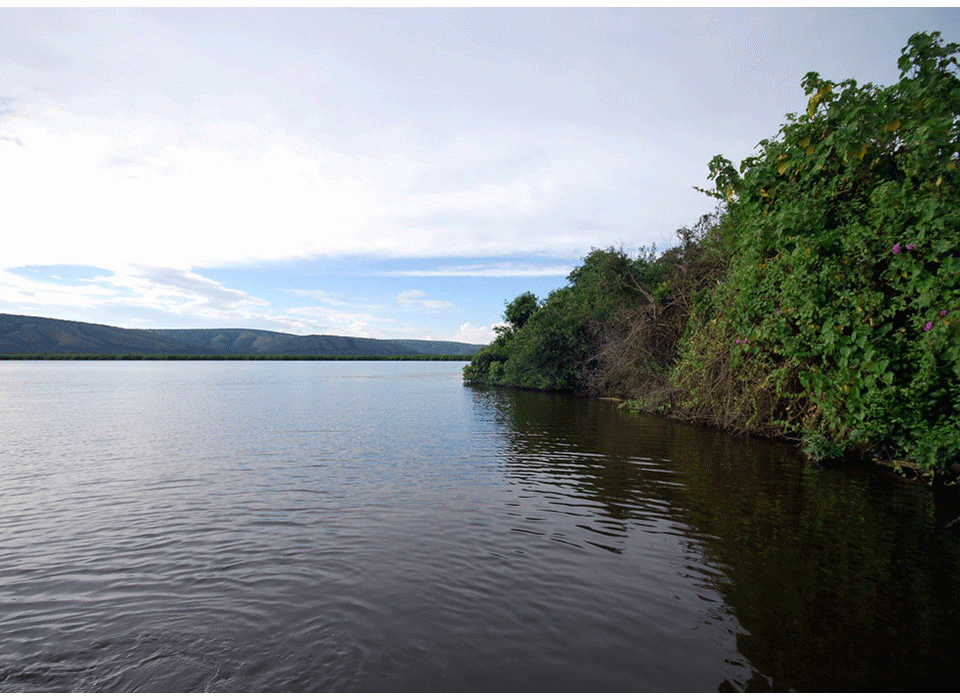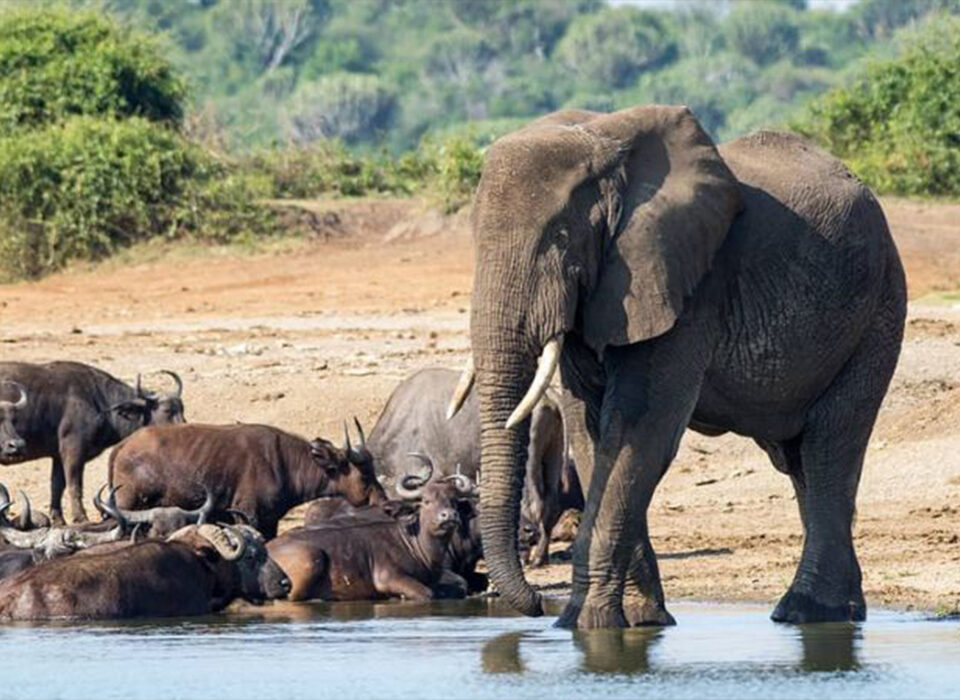
What’s Rwanda’s national dish?
November 13, 2025
Can I find luxury hotels in Kigali?
November 13, 2025Is Rwanda Expensive for Tourists?
Rwanda, the Land of a Thousand Hills, is a breathtaking destination known for its mountain gorillas, serene landscapes, extremely clean cities, rich culture, and one of Africa’s most remarkable stories of transformation. But one question travelers often ask when planning their trip is: Is Rwanda expensive for tourists?
The short answer is that Rwanda can be both affordable and expensive depending on the type of experiences you choose. It is a destination that offers high-end luxury lodges, premium gorilla permits, and exclusive wildlife experiences—but it also provides budget-friendly accommodation, accessible transport, and affordable cultural attractions. This detailed guide breaks down the true cost of traveling to Rwanda, helping you understand what to expect, how to plan, and where your money goes when exploring this extraordinary East African destination.
Understanding Rwanda’s Tourism Model
Rwanda follows a high-quality, low-impact tourism model, especially in its national parks. This strategy emphasizes conservation, sustainability, and exclusive experiences rather than mass tourism. As a result:
Gorilla trekking permits are among the highest in Africa
Luxury lodges flourish in protected areas
Tourism contributes significantly to conservation efforts
However, Rwanda is not uniformly expensive. Many parts of the travel experience—from city tours to food, transport, and domestic attractions—can be surprisingly affordable. The key is understanding what drives the costs and how to balance your budget accordingly.
Is Gorilla Trekking Expensive?
For many tourists, gorilla trekking is the highlight of their Rwanda trip—but it is also the most expensive component. Rwanda’s gorilla permit currently costs $1,500 per person, a price that reflects the country’s commitment to conservation, community development, and maintaining an exclusive, low-impact tourism environment.
Why is the permit expensive?
It limits the number of visitors to reduce stress on the gorillas
A large portion supports ranger salaries, conservation, and anti-poaching initiatives
Revenue benefits communities living around the parks
It ensures an intimate and controlled trekking experience
Despite the cost, many travelers describe the gorilla trek as one of the most transformative experiences of their lives. For those seeking a once-in-a-lifetime wildlife encounter, the value is unmatched.
Wildlife Safaris and National Parks Costs
Rwanda’s parks—like Akagera National Park and Nyungwe Forest National Park—are much more affordable compared to gorilla trekking.
Akagera National Park
Known for its Big Five safaris, Akagera offers:
Reasonably priced park fees
Affordable game drives
Budget-friendly lodges and campsites
Luxury options for travelers seeking higher-end experiences
A full-day safari in Akagera is significantly cheaper than similar experiences in Kenya or Tanzania, especially when organized with a tour company.
Nyungwe Forest National Park
Chimpanzee trekking and canopy walks are popular activities here. Compared to gorilla trekking:
Chimp trekking permits are much cheaper
The canopy walk is very affordable
Guided hikes vary from low to mid-range pricing
Overall, Rwanda’s wildlife experiences outside gorilla trekking offer excellent value.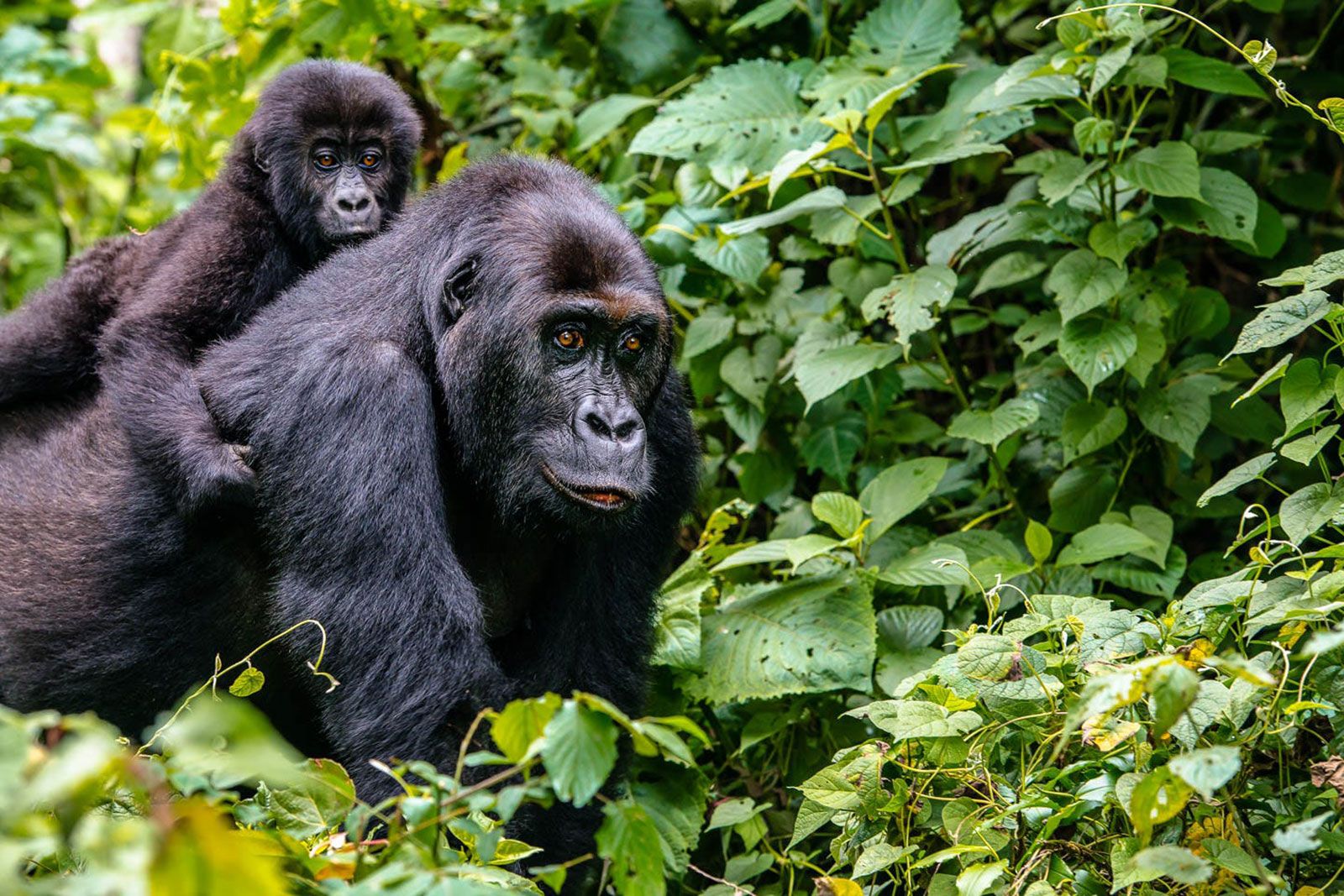
Accommodation: Affordable or Expensive?
Accommodation in Rwanda varies widely depending on location and style.
In Kigali
Kigali offers accommodation for every budget:
Budget guesthouses and hostels
Mid-range boutique hotels
Luxury five-star properties like Kigali Serena
Prices range from $20 to $300+ per night, giving travelers plenty of flexibility.
Near Volcanoes National Park
The area around Volcanoes National Park offers:
High-end luxury lodges with all-inclusive services
Beautiful mid-range hotels
Locally owned guesthouses
Luxury lodges like Singita, Sabyinyo Silverback Lodge, and Bisate Lodge cost significantly more, reflecting exclusivity and breathtaking experiences.
Mid-range options like Five Volcanoes or Mountain Gorilla View Lodge provide comfort at a lower price.
Budget travelers can find guesthouses at $50–$100 per night.
Lake Kivu and Ruhengeri
These areas provide a range of mid-range and budget stays, making them excellent for travelers looking to balance costs.
Food and Dining Costs
Food is one of the most affordable aspects of traveling in Rwanda. Even in Kigali, you will find dining options that fit every budget.
Local Restaurants
Meals at local eateries cost between $3–$7, offering hearty Rwandan dishes such as:
Isombe
Beans and rice
Plantains
Brochettes (grilled meat skewers)
Local dining is both delicious and affordable.
Mid-Range Restaurants
Kigali offers cafés, international restaurants, and bistros with meals ranging from $10–$25.
Luxury Dining
Fine dining restaurants and upscale hotels may charge $30–$60 per meal.
Overall, travelers have many choices to balance cost and comfort.
Transportation Costs
Transport in Rwanda is relatively affordable and well-organized.
Within Kigali
Motos (motorbike taxis), ride-hailing apps, and taxis are all cost-effective. Many visitors use ride apps for reliable pricing and safety.
Intercity Travel
Traveling between cities like Kigali, Musanze, and Gisenyi is affordable:
Private transfers
Tour company vehicles
Public buses
Public buses are cheap but less convenient for tourists with schedules to follow.
Safari Vehicles
Hiring a safari vehicle with a professional driver-guide is generally mid-range in cost and adds tremendous value, convenience, and comfort.
Entrance Fees and Cultural Activities
Most cultural attractions, museums, and memorial sites are reasonably priced. For example:
Kigali Genocide Memorial (donations encouraged)
Art galleries (low-cost entry)
Traditional dancing experiences
Local markets and cooperatives
These activities are budget-friendly and offer deep cultural immersion.
Shopping and Souvenirs
Rwanda is known for:
Agaseke baskets
Imigongo art
Kitenge fashion
Banana-fiber crafts
Wood carvings
Prices vary, but many crafts are affordable and support local cooperatives.
Buying directly from artisans ensures fair prices and supports community development.
Overall Cost Comparison: Rwanda vs Other East African Destinations
Compared to Kenya, Tanzania, and Uganda:
Gorilla trekking is more expensive in Rwanda
Safaris are similarly priced or slightly cheaper
City dining and accommodation can be more affordable
Transportation is well-priced
The country’s cleanliness and safety add extra value for many travelers
While Rwanda is not the cheapest destination in Africa, its safety, organization, beauty, and high-quality experiences justify the cost.
Is Rwanda Worth the Price?
Absolutely—most travelers describe Rwanda as worth every dollar. Key reasons include:
Stunning scenery
Unmatched cleanliness and safety
World-class wildlife experiences
Warm hospitality
Efficient infrastructure
Unique cultural immersion
Conservation-driven tourism
Rwanda delivers a premium experience that stands out across Africa.
How to Travel Rwanda on a Budget
If you want to keep costs down, consider:
Visiting Akagera and Nyungwe instead of gorilla trekking
Choosing mid-range or budget accommodations
Eating at local restaurants
Using guided group tours
Booking activities ahead of time
Traveling in the low season
Avoiding luxury lodges unless preferred
These choices make Rwanda accessible for a wider range of travelers.
Final Verdict: Is Rwanda Expensive for Tourists?
Rwanda can be expensive, especially for gorilla trekking and high-end lodges, but it can also be tailored to suit moderate or even budget-friendly travel styles. It is a destination that offers value through safety, quality, natural beauty, and unforgettable experiences. Whether Rwanda feels expensive depends on your itinerary—but one thing is certain: it is one of Africa’s most rewarding destinations.
Book Your Rwanda Experience with Experiya Tour Company
For travelers seeking seamless planning, fair pricing, and unforgettable experiences across Rwanda, booking with a trusted operator makes all the difference. Experiya Tour Company provides expertly crafted itineraries, reliable transportation, and personalized guidance that ensure you get the best value for your budget. From Kigali city tours and cultural excursions to safaris and gorilla trekking adventures, Experiya’s professional team creates smooth, safe, and enriching journeys across the Land of a Thousand Hills.

